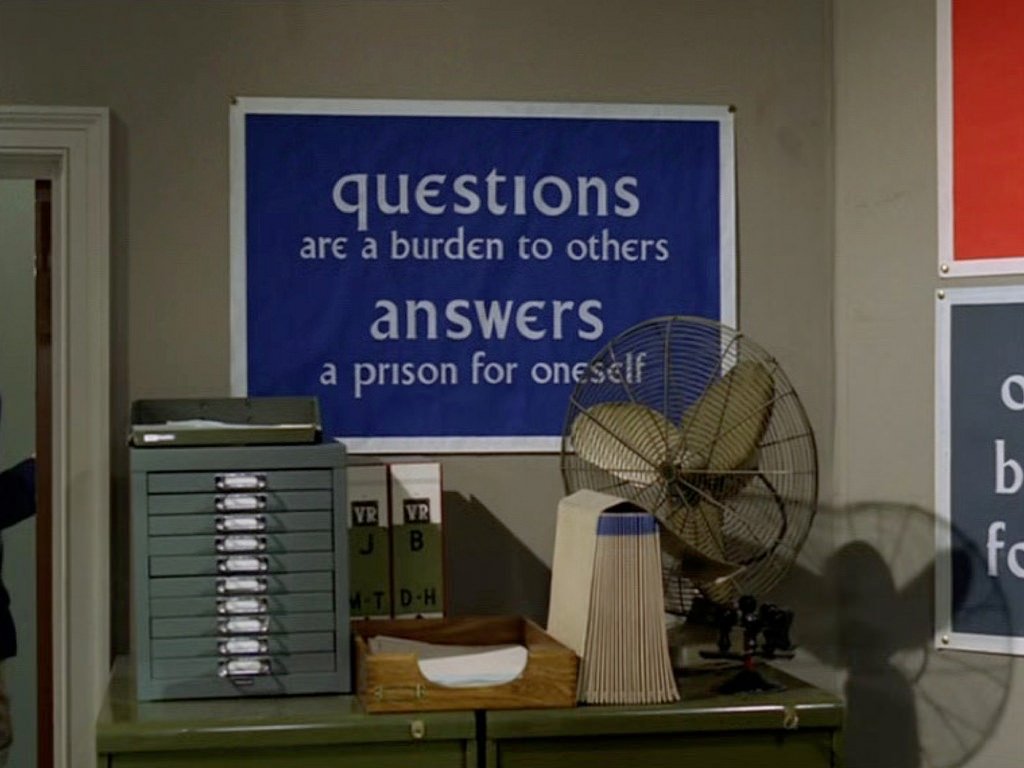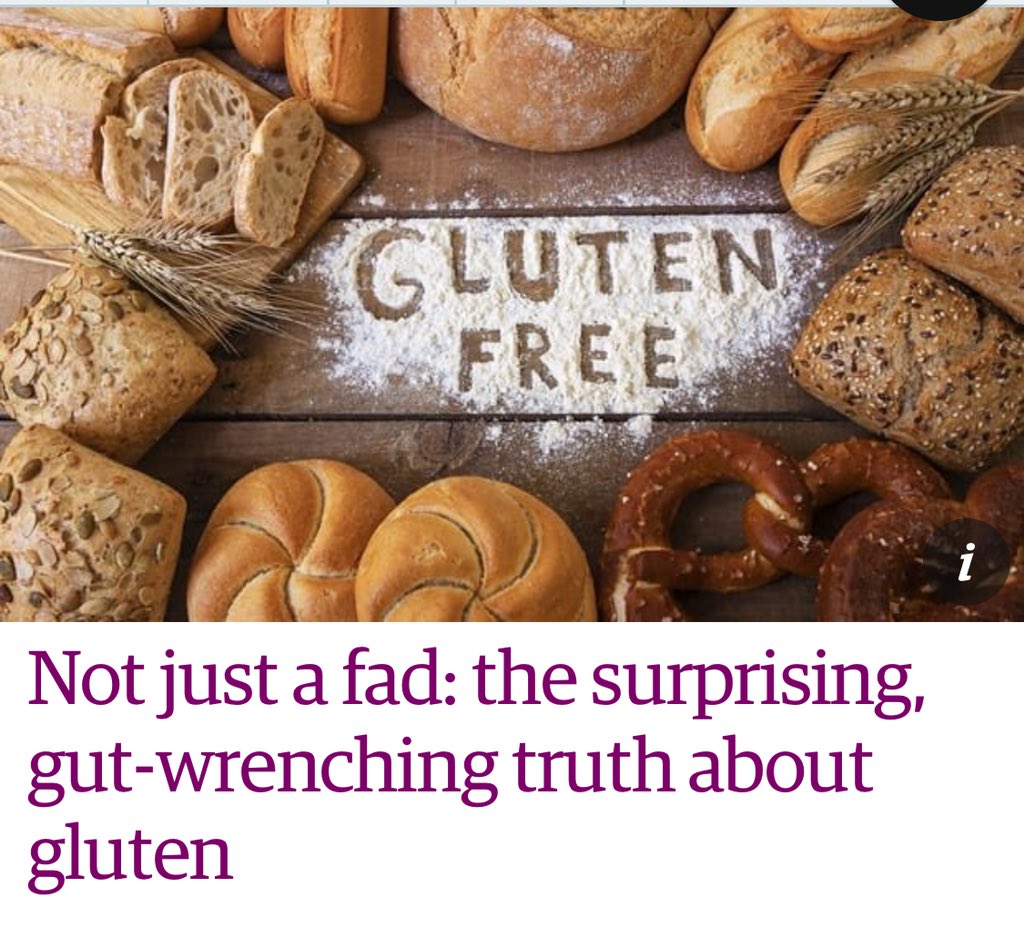
bit.ly/2MptSqB
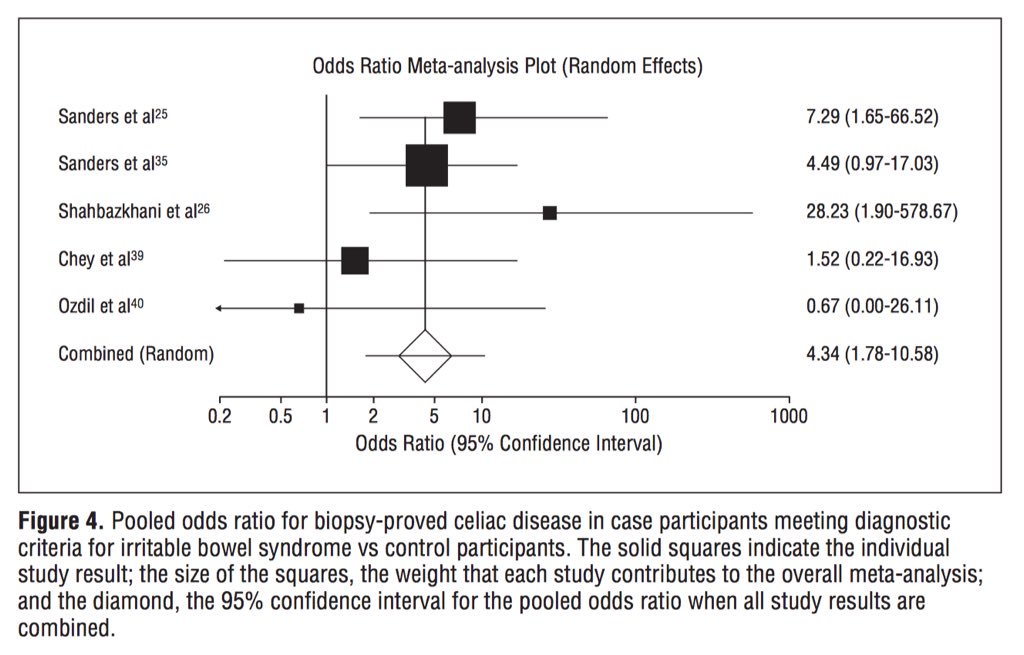
▶ bit.ly/1dh0i0H

its difficult for women & men. bit.ly/2wfwhJF
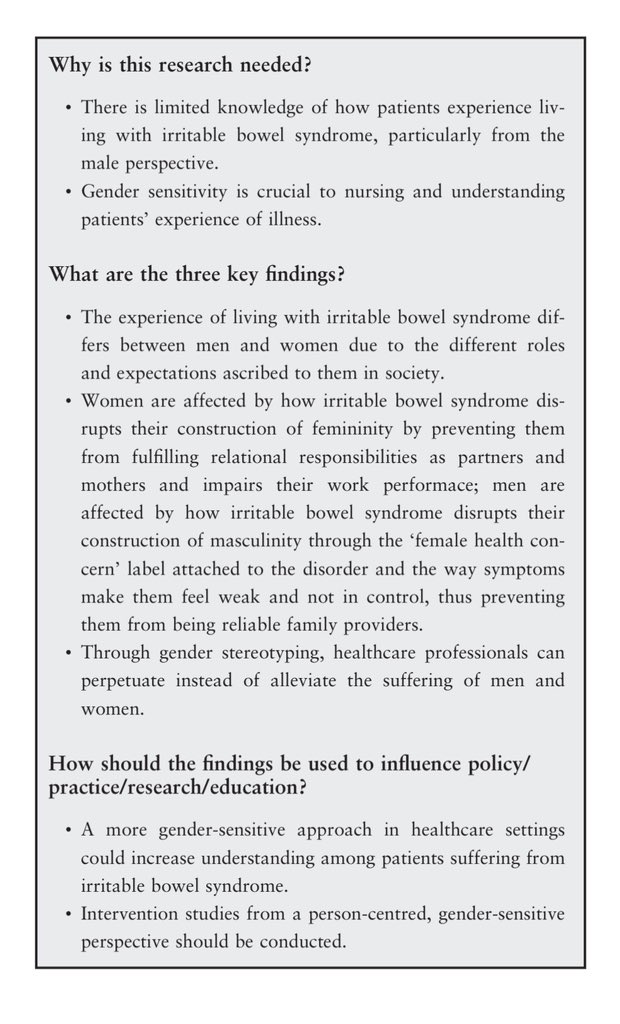
bit.ly/2PwSBay
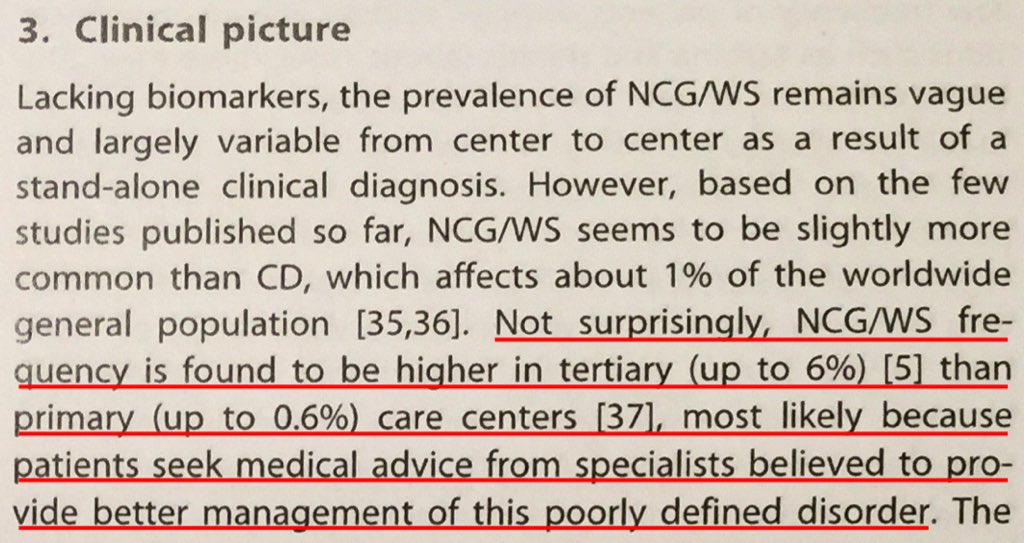
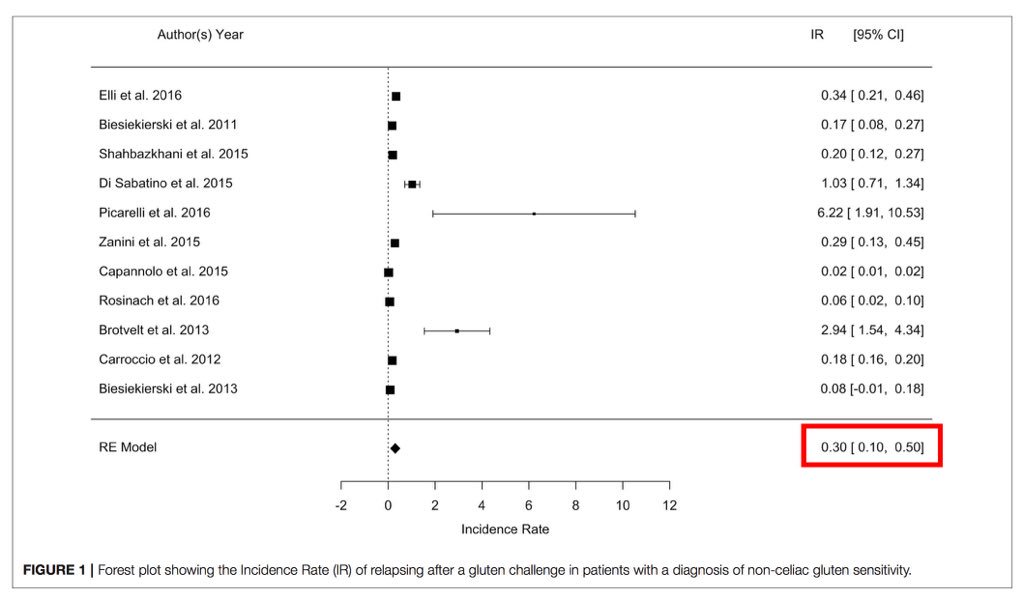
bit.ly/2MTqfc8
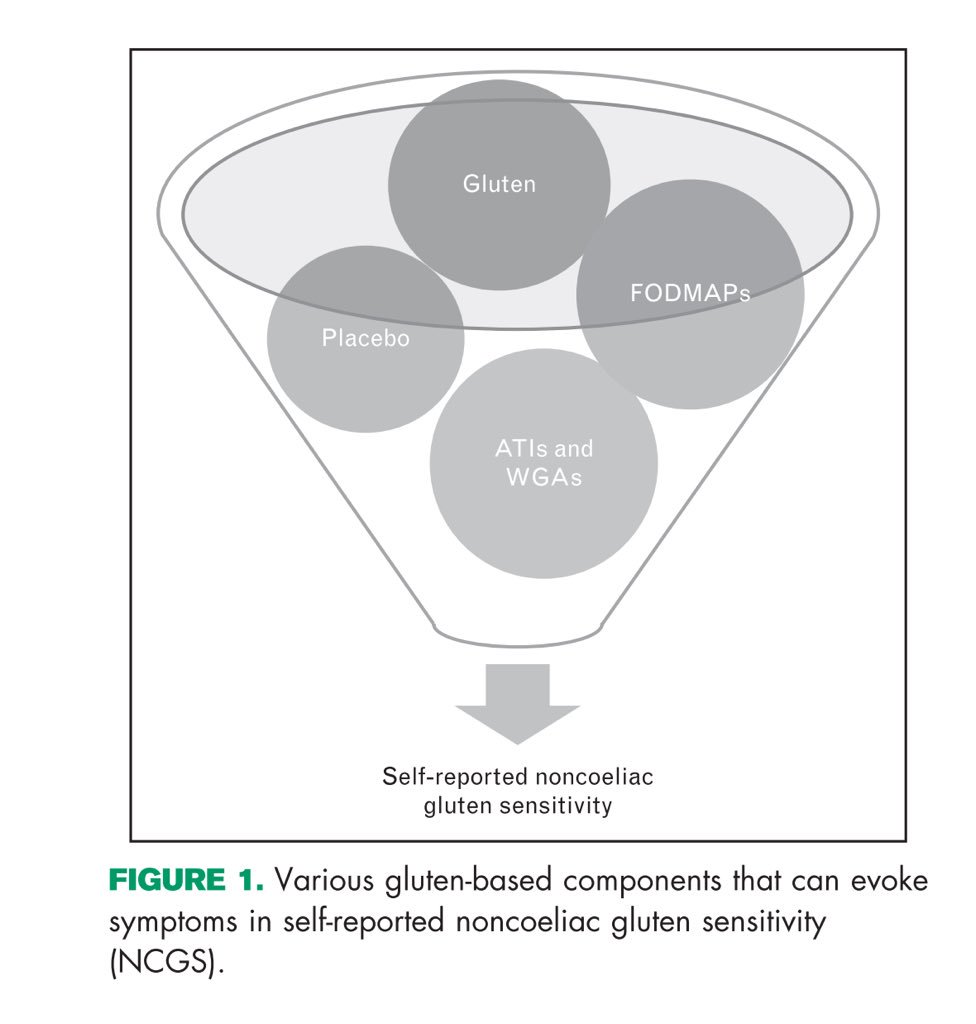
bit.ly/2P62Xx5
bit.ly/2NgAx2M
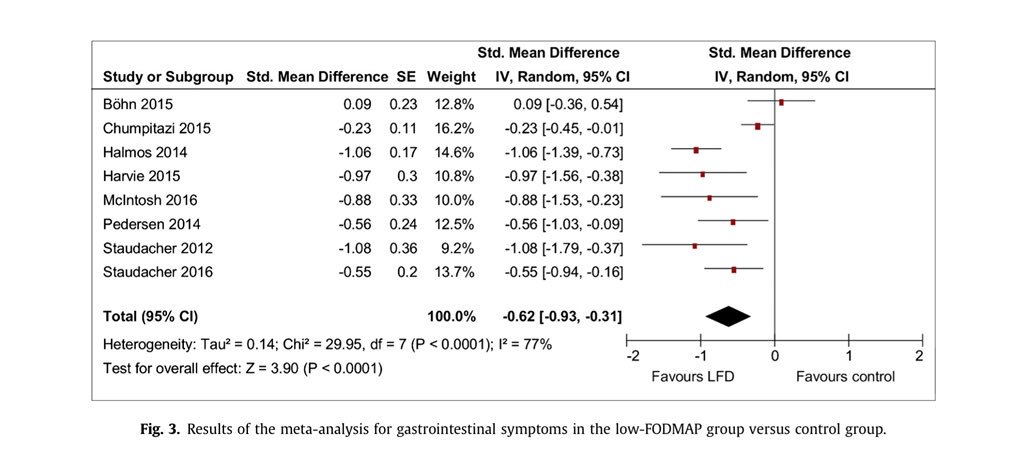
bit.ly/2o86245
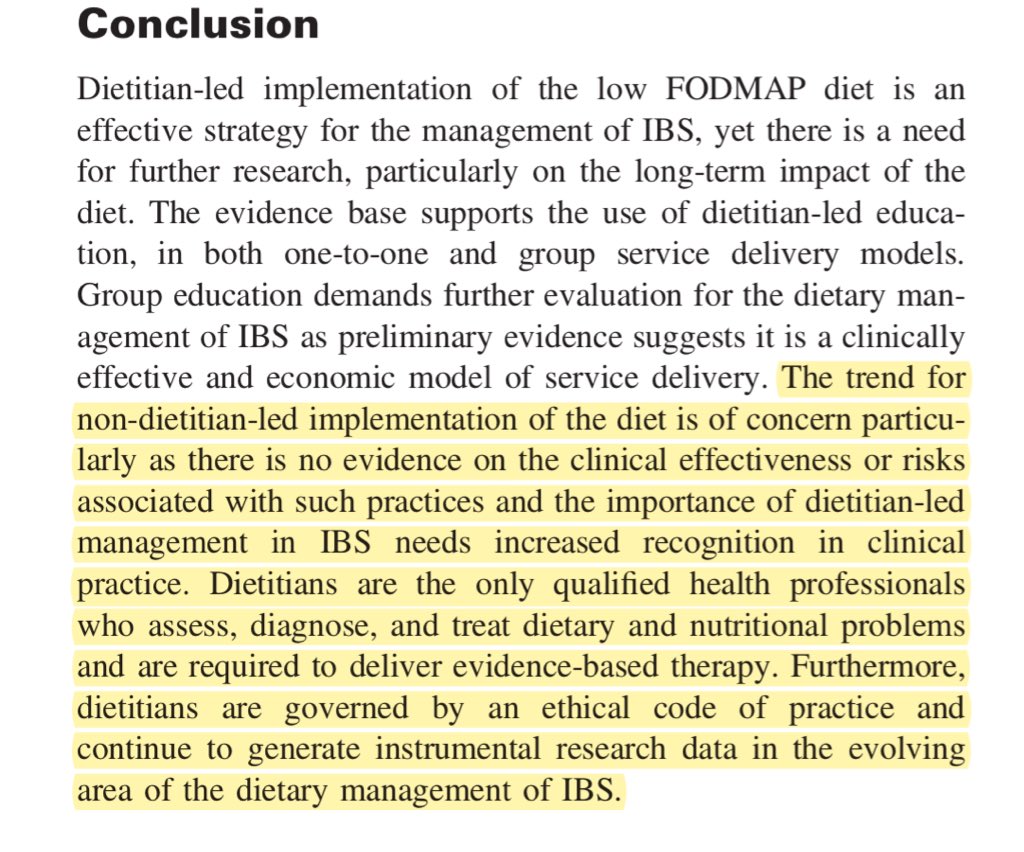
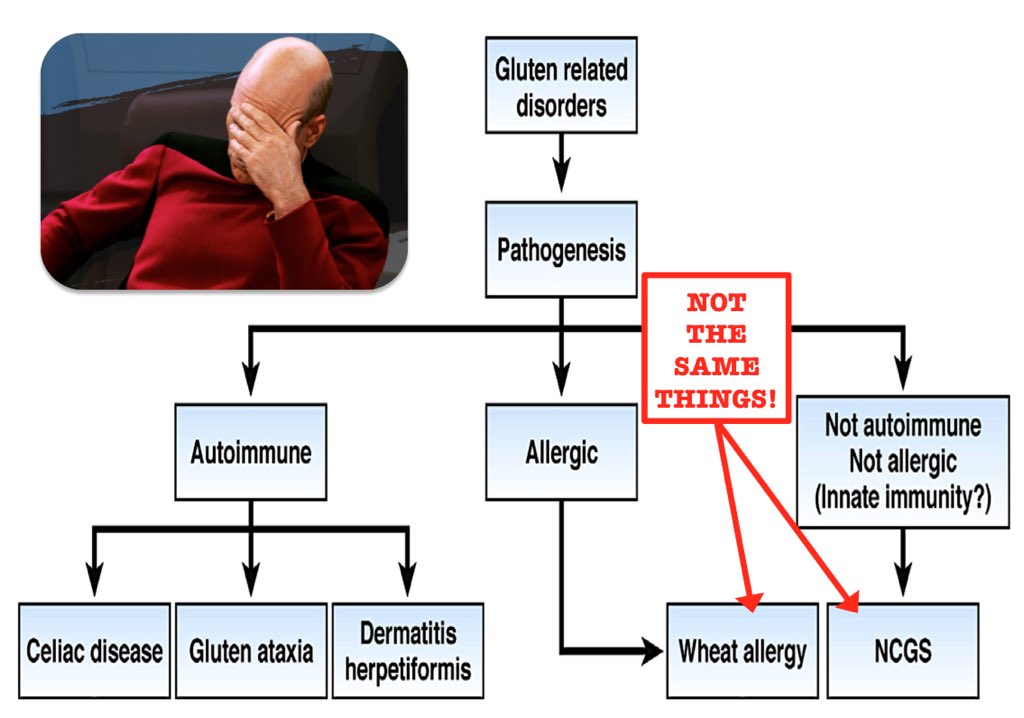
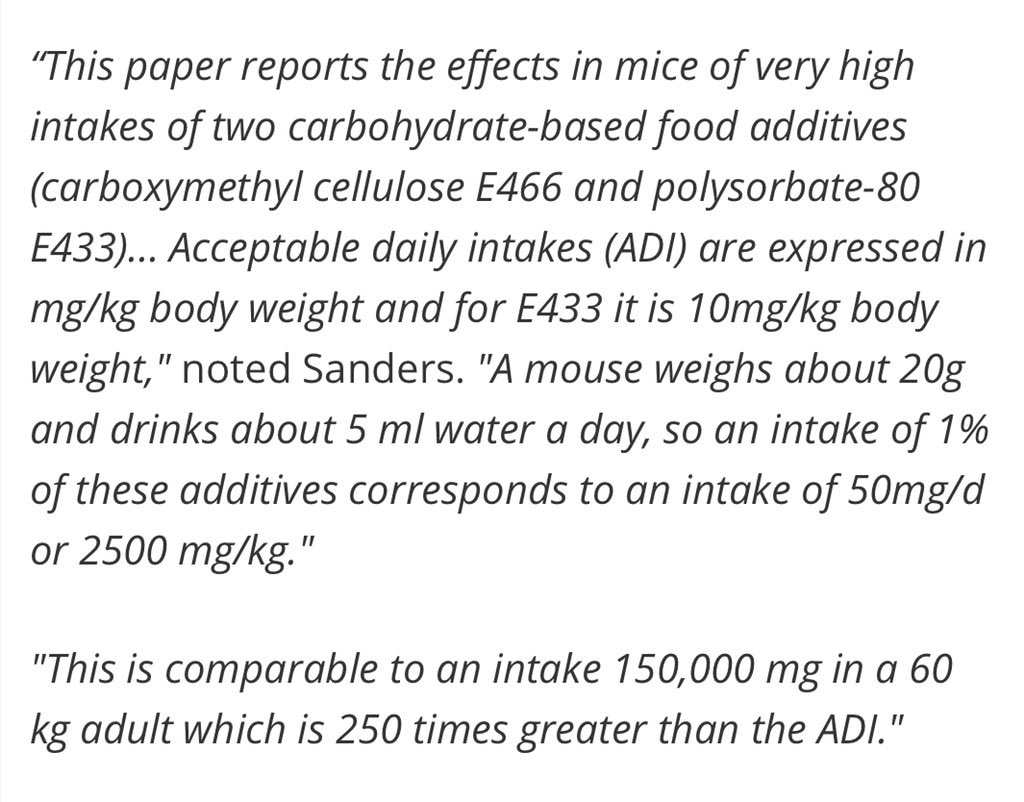
bit.ly/2BNDeaZ
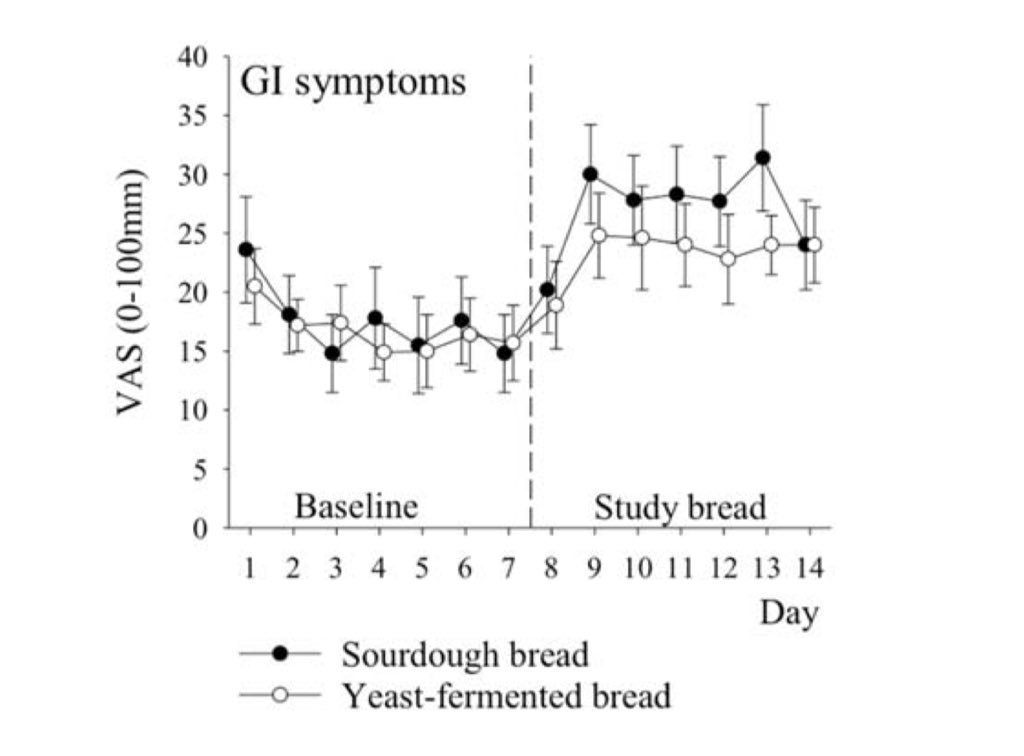
bit.ly/2wo9FH2
bit.ly/2AtZGjx
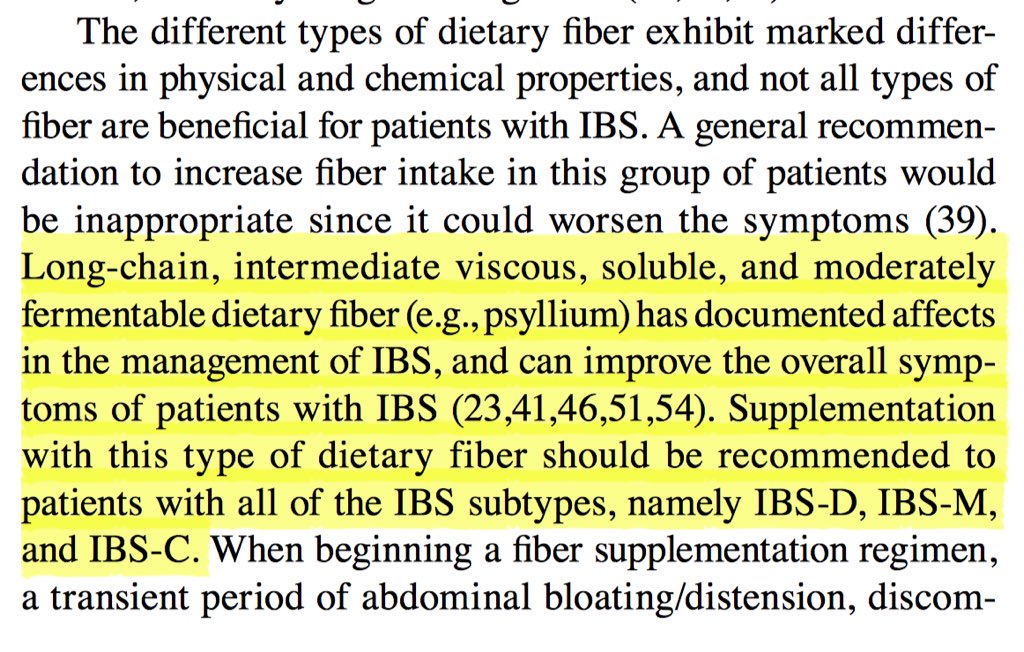













Twitter may remove this content at anytime, convert it as a PDF, save and print for later use!

1) Follow Thread Reader App on Twitter so you can easily mention us!
2) Go to a Twitter thread (series of Tweets by the same owner) and mention us with a keyword "unroll"
@threadreaderapp unroll
You can practice here first or read more on our help page!

